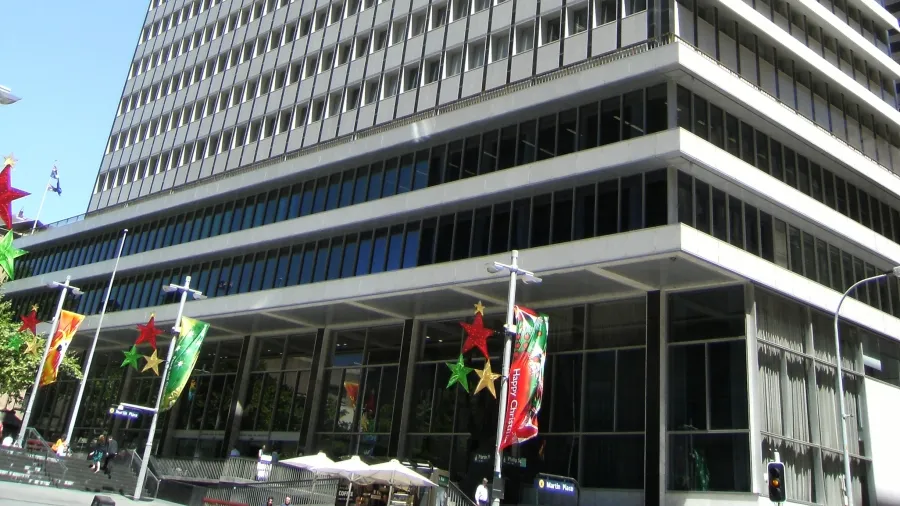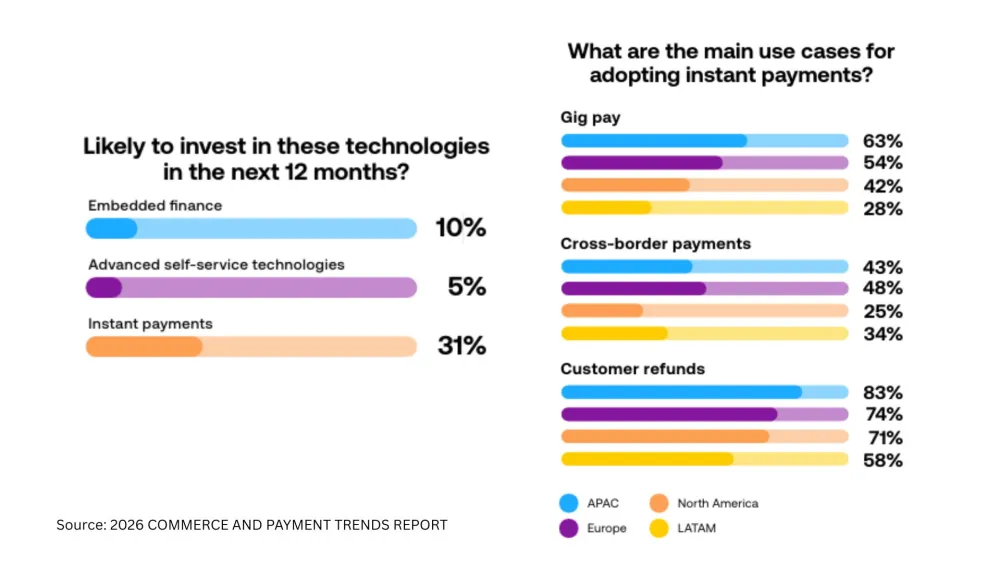
Australia to amend retail payments regulation in 2024: governor
Reforms will include better cost transparency from BNPL, mobile wallets.
Australia is amending its retail payments regulation in 2024, the country’s top financial regulator said.
Speaking at the Australian Payment Network Summit on 12 December, Governor Michele Bullock shared that the Retail Bank of Australia (RBA) is planning to conduct a comprehensive review of retail payments regulation under its expanded regulatory perimeter.
Bullock noted the need to modernise Australia’s regulatory architecture and payments infrastructure in order to support innovations in the payments’ industry.
“The payments landscape is changing rapidly, with new business models and technologies entering the space. The industry is also moving from legacy systems towards new platforms that can deliver payment services that are faster, safer and more convenient,” Bullock told attendees of the summit in Sydney, and emphasized the need to strengthen the resilience of Australia’s payments and market infrastructures.
ALSO READ: Foreign banks in China grapple with asset quality stress, regulation fluctuations
Expanding regulation
Australia is particularly looking to amend the Payment Systems (Regulation) Act 1998 in order to ensure that newer players in the payments system – including ‘buy-now- pay-later’ providers, payment gateways, payment facilitators and mobile wallet providers – can be regulated.
Reforms are expected to be in place sometime in 2024, Bullock said.
Amongst reforms RBA is looking to enact is better transparency over the cost of payment services.
“The cost of payment services should be clear for businesses and consumers, because transparency helps to promote competition,” Bullock said.
Mobile wallets and BNPL providers, in particular, are in the spotlight.
“Usage of mobile wallets has grown rapidly, but the costs associated with these services remain opaque and payment service providers can face barriers to access. We will need to consider whether regulatory action is needed in this area,” Bullock said.
ALSO READ: Gen AI to add up to $340b new value to banks: McKinsey
The “Cash” Question
Bullock also plans to address the question of cash access, emphazising that ensuring that the population has easy access to cash withdrawal and deposit services is a “high priority” for the government.
A report by ABC RN’s “Download This Show” published in August 2023 raised concerns for cash accessibility as Australia inches towards a cashless society. In particular, it can reportedly negatively affect disadvantaged groups, such as people with disabilities and those who live in remote and regional Australia who have difficulty accessing digital financial services, says ABC News radio reporters Nicola Heath, Lara Heaton and Marc Fennell.
In her speech, Bullock noted that cash for payments has been in a steady decline since 2007, when it made up 70% of all payments. Now, it only made up 13% of all payments.
Today, cash is still used for precautionary or store-of-wealth purposes, and an important backup method of payment during system outages or in the event of natural disasters.
ALSO READ: Tokyo seeks “friendliest city” title for local, foreign startups
Retiring the current clearing system
Another question that regulators in Australia will face in 2024 involves the finer details for the industry’s plan to transition from the Bulk Electronic Clearing System (BECS) to a more modern payment system, the New Payments Platform (NPP).
“The payments industry, through AusPayNet, has been discussing whether to transition away from BECS and has recently decided to retire the BECS framework with a target end date of 2030,” Bullock said, noting that the limitations of BECS are becoming more significant as users expect fast payments and the economy becomes increasingly digitised.
However, Bullock noted significant challenges that Australia will need to be overcome before they can fully transition.
For example, some financial institutions in Australia are not yet connected to the NPP and will need to connect all relevant accounts that currently send and receive payments via BECS to the NPP.
Cost is another issue, with processing payments in BECS still being significantly cheaper than in NPP, such as regular payments such as payroll. However, RBA expects that as the volume of payments processed by the NPP rises, the per transaction cost will come down.
Financial institutions will also need to uplift their processing capacity to ensure that BECS payment volumes can be reliably processed through the NPP. Reliability of NPP services provided by financial institutions is also a challenge. Bullock named NPP as the least reliable in terms of number and total duration of operational outages in 2023.



















 Advertise
Advertise












